Book a FREE 1:1 Assessment Call By Clicking HERE
Specialising In Dog Reactive Behaviour
Accredited by APDT, ABTC and UK DOG Behaviour and Training Charter
Qualified and Experienced
Force Free Trainer and Behaviourist

Abnormal Repetitive Behaviours
Dogs often engage in repetitive behaviours, which can sometimes indicate a problem.
Abnormal repetitive behaviours (ARBs) are actions that are often ritualistic, performed in a fixed pattern, and appear to serve no obvious purpose.
These behaviours can be a sign of underlying issues, including stress, anxiety, or medical conditions.
What are Abnormal Repetitive Behaviours?
ARBs are a type of canine compulsive disorder (CCD). They are tail-chasing or digging because they are often out of context, and difficult to interrupt.
Think of them as a dog's version of obsessive-compulsive disorder (OCD) in humans.
Does This Sound Familiar?
Tail-chasing: This can be an ARB if the behaviour is frequent, intense, and the dog becomes fixated on it.
Pica: The compulsive eating of non-food items like rocks, dirt, or fabric.
Flank-sucking or blanket-sucking: The dog repeatedly sucks or kneads its own flank or a soft object.
Pica: The compulsive eating of non-food items like rocks, dirt, or fabric.
Excessive licking: The dog compulsively licks a certain body part, which can lead to lick granulomas (self-inflicted sores).
Spinning or circling: The dog repeatedly spins or circles in a tight pattern.
Fly-snapping: The dog compulsively snaps at imaginary flies.
Flank-sucking or blanket-sucking: The dog repeatedly sucks or kneads its own flank or a soft object.
Don't worry, we can help!
Why Do Dogs Develop ARB?
There are many reasons why dogs develop complex behavioural issues.
Some common reasons are
Genetic Predisposition:
Some breeds are more prone to certain ARBs.
Environmental Factors:
Stress and anxiety
are major triggers. A dog may develop an ARB in response to a change in routine, a new family member, or a lack of mental and physical stimulation.
Medical Conditions:
Some medical issues can cause behaviours that look like ARBs.
For instance, a dog with a skin allergy may excessively lick or chew a spot, which can become a compulsive behaviour over time. Neurological conditions can also be a cause.
Boredom
is a common culprit; a dog that doesn't have enough to do may invent its own, self-soothing behviours
Our Approach In Reducing Your Dogs Behaviour
Is Based On
Empathy & Understanding: We know how challenging these behaviours are for both of you.
Science-Based Methods: Utilising proven techniques like systematic desensitisation and counter-conditioning (DSCC) to gently change your dog's emotional response.
Strictly Force-Free: We use only positive reinforcement and humane methods. No fear, pain, or intimidation – ever.
Building trust is paramount.
Holistic View: Considering factors like environment, health, management, and training.
When to Seek Help
If your dog is exhibiting a repetitive behaviour, it's essential to consult seek Rovers Return Dog Training & Behaviour for help.
You should contact your veterinarian first to rule out any underlying medical causes.
Treatment and Management
Treatment for ARBs is rarely a one-size-fits-all approach, and often involves a combination of strategies.
A thorough, holistic behavioural analysis will be necessary to find out the motivation for the behaviours.
Step 1
Your Dog's Journey to Better Behavior Starts Here. Book a Free Call.
Step 2
Discover the Perfect Plan for Success. Choose a Program to Get Started.
Step 3
Get Expert Insight. Book Your Assessment with Sam, Our Lead Behaviorist.
Step 4
The First Step to Lasting Change. Kick Off Your Dog's Modification Plan.
Step 5
Enjoy a Happier, Better-Behaved Dog. Experience Our Proven Results.
TESTIMONIALS
What others are saying
⭐️⭐️⭐️⭐️⭐️
Five-Star Reviews from over 40 Happy Dog Owners
Winner Of The Best Dog Training Provider In Leicestershire
READY TO Book Your Call?
Get Started for Today And Change Your Dog's Behaviour!
Sam Founded Rovers Return To Educate Dog Owners About Kind, Force Free Training To Achieve Effective Behaviour Change
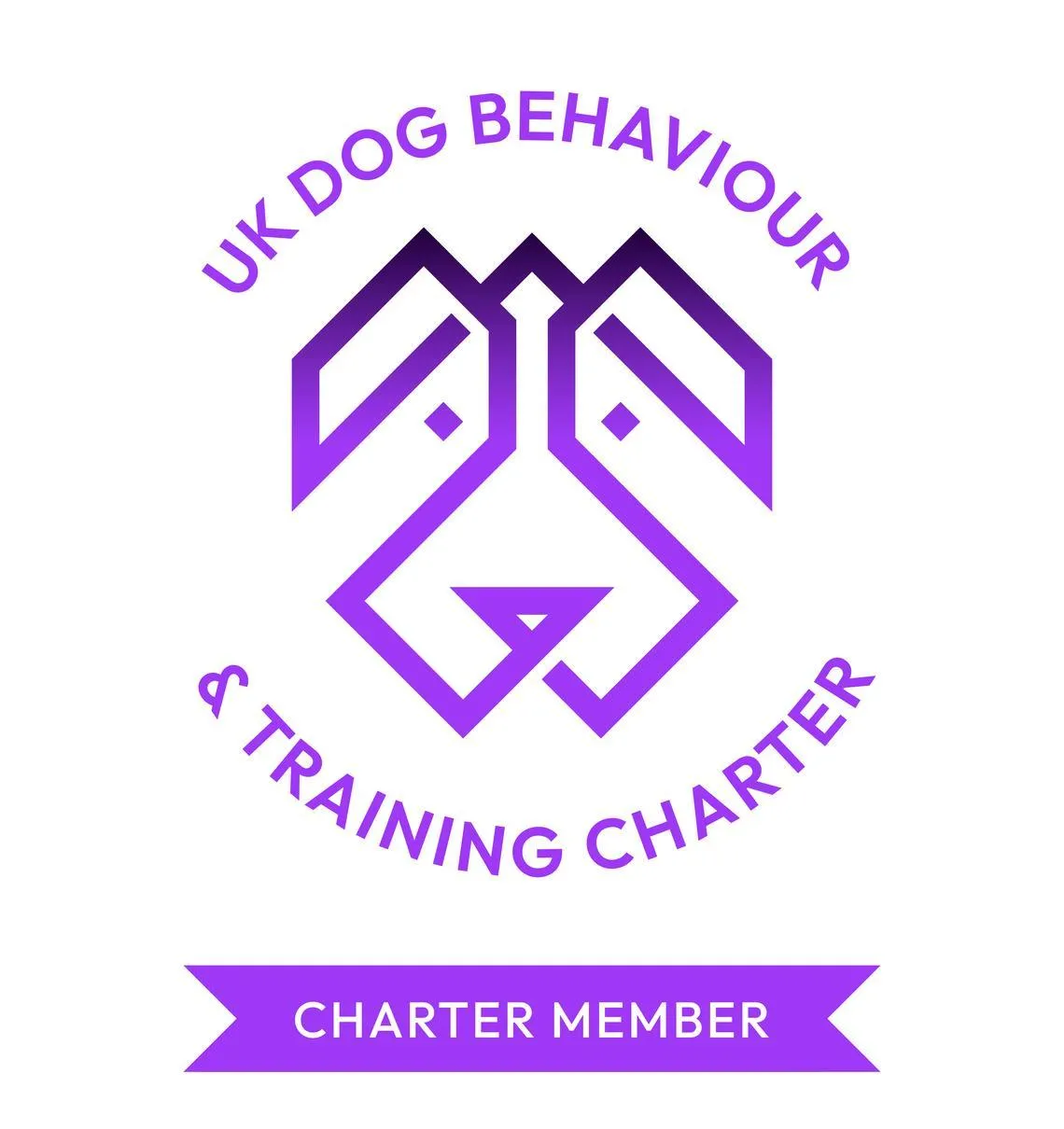
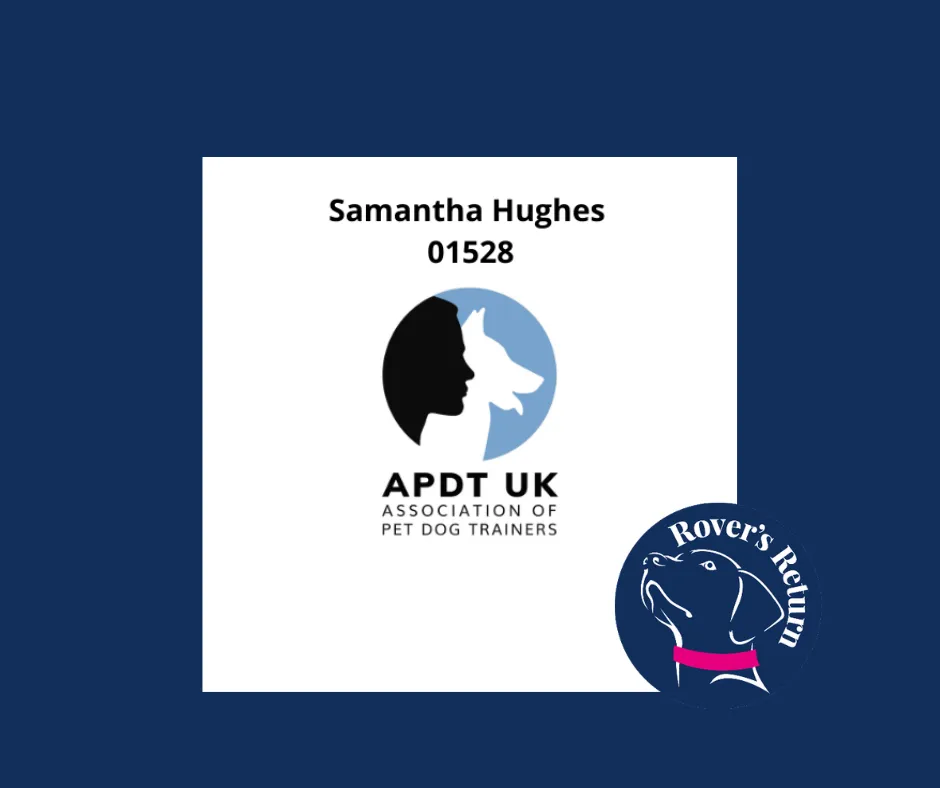
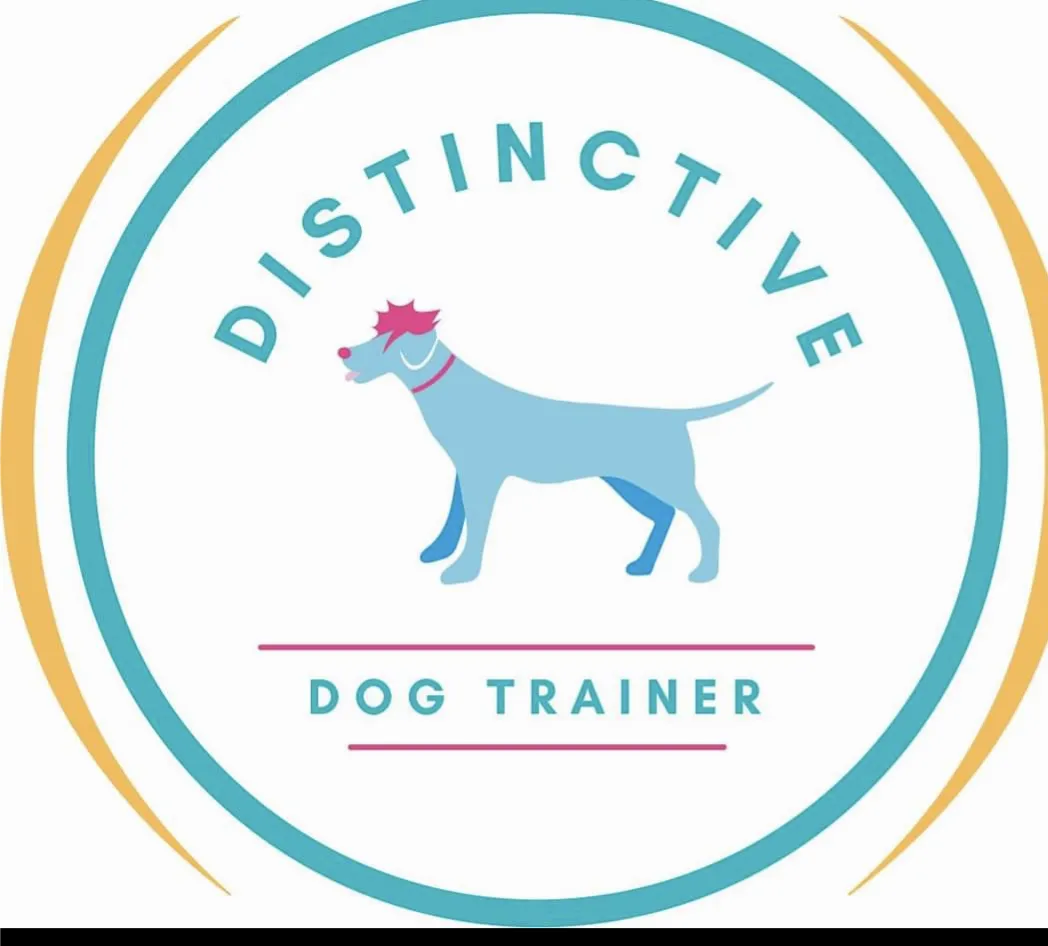
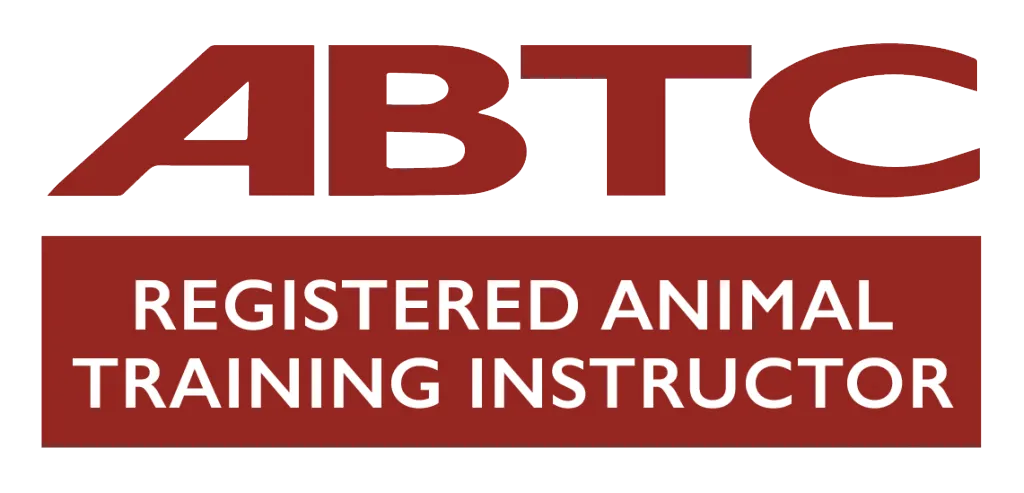
I am qualified in behaviour and Pet Dog Training, and a full member of APDT UK, Registered Animal Trainer with ABTC so you know that I have been assessed by leading industry professionals

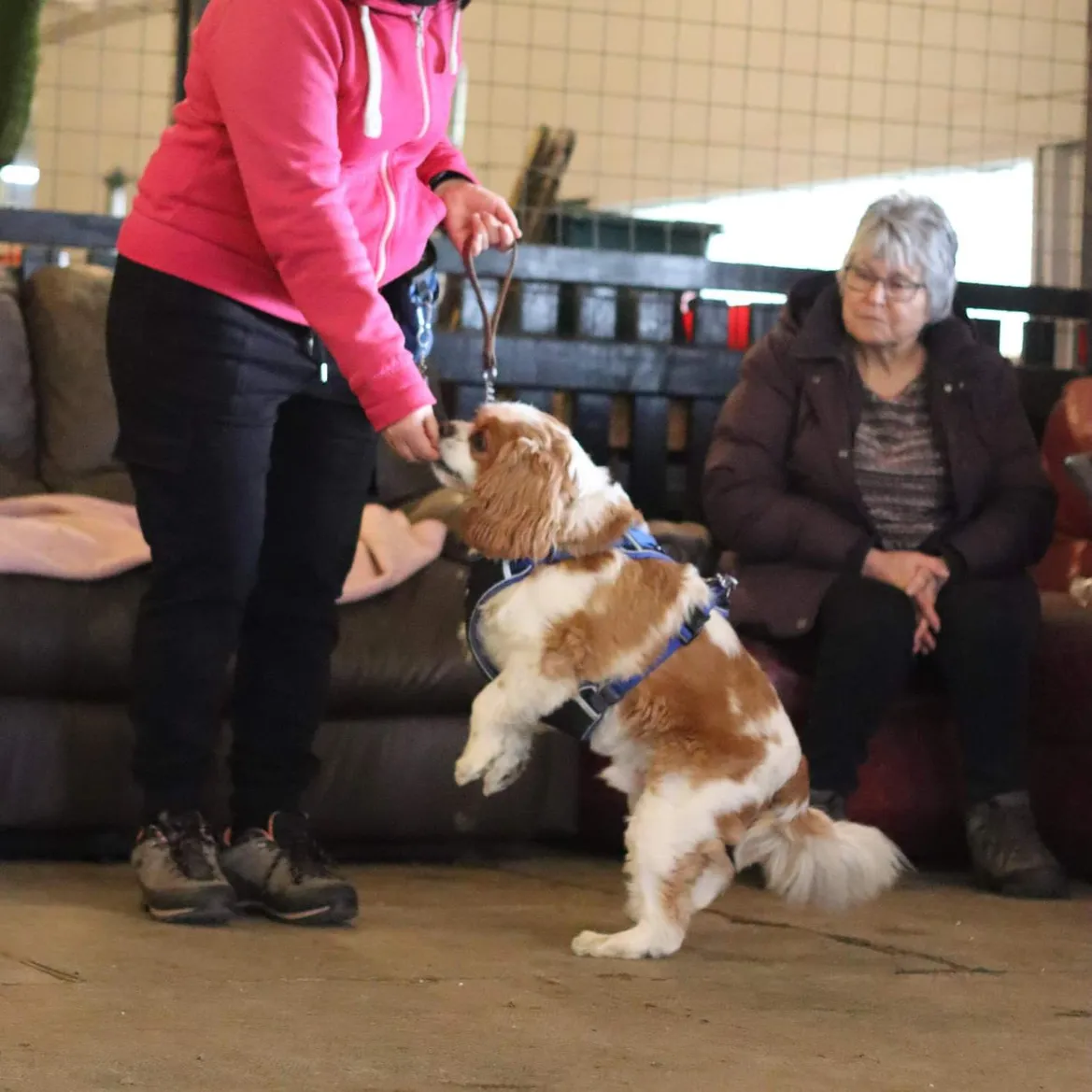
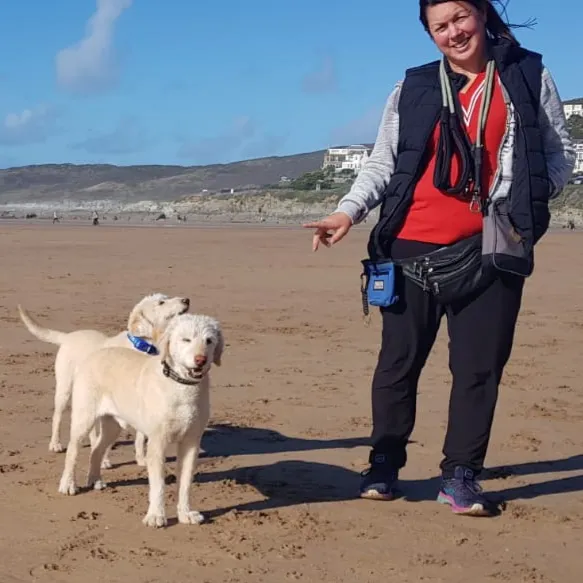
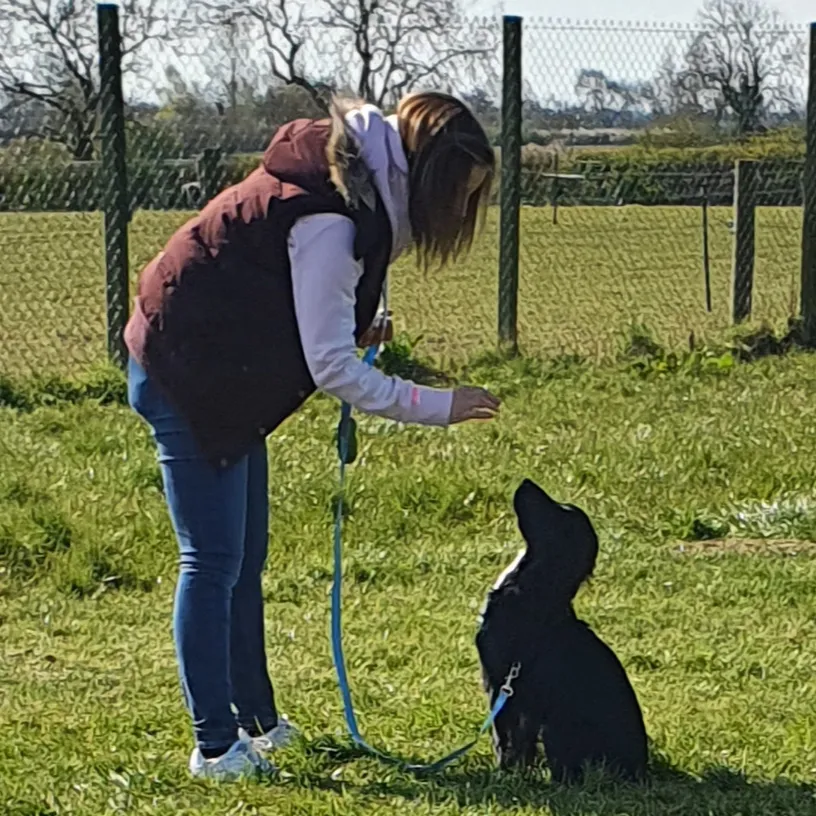
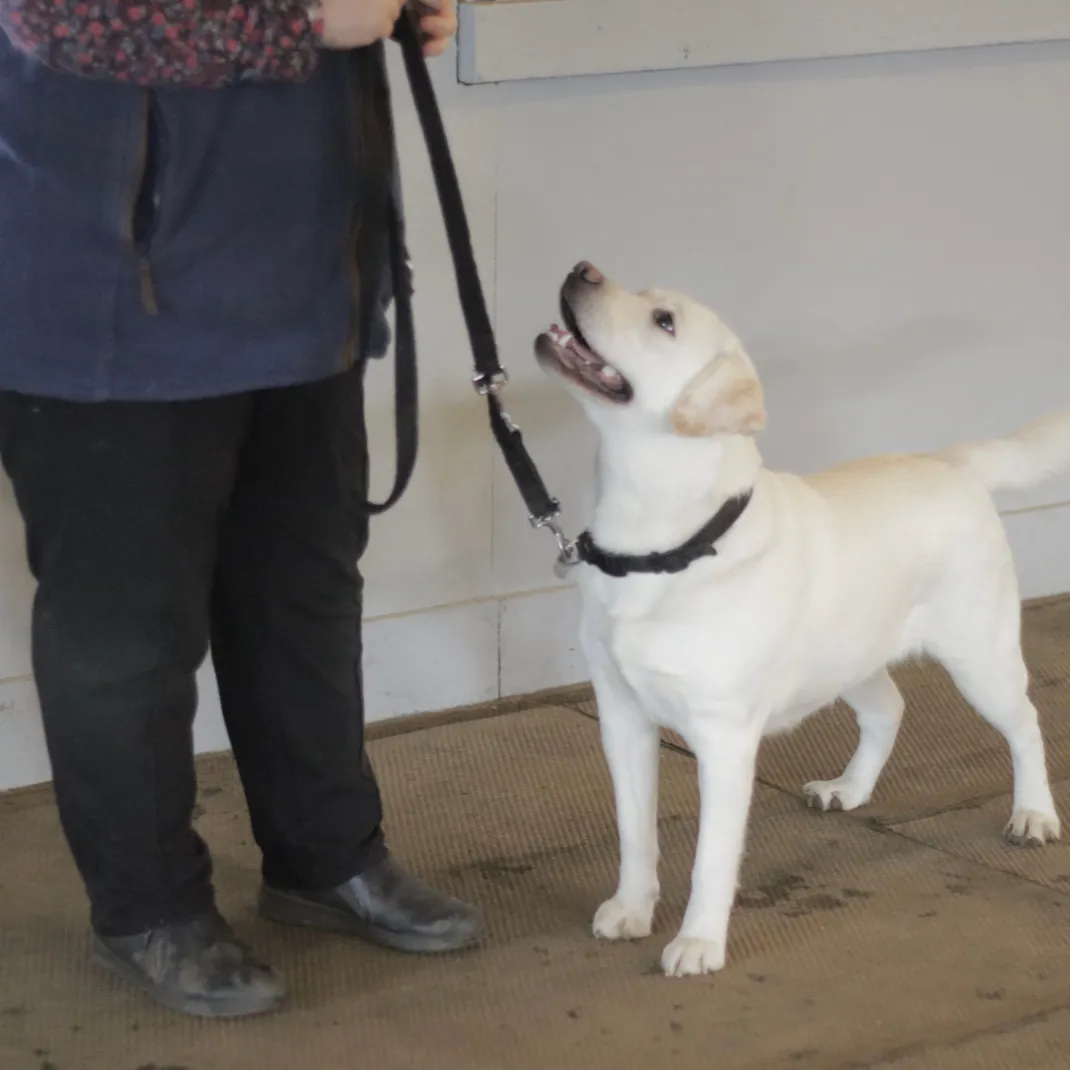
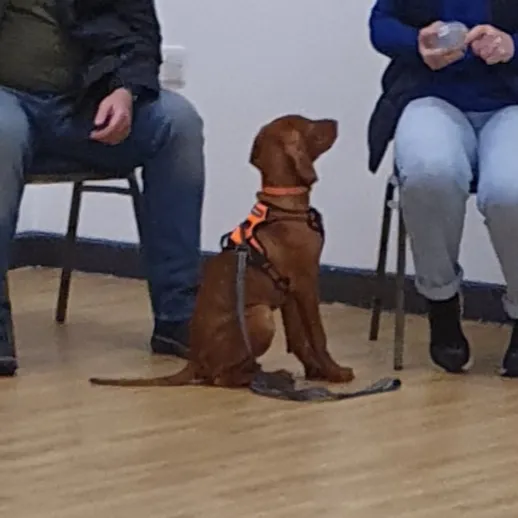
Force Free Trainer and Behaviour
Accredited Scentwork Instructor
Accredited by APDT, ABTC and UK DOG Behaviour and Training Charter
Highly Qualified Behaviourist
Contact Us
You can contact us via Live Chat button at the bottom of the screen or the contact box to the right.
You can also book one of our services online using the View Dates buttons under the service you require.
© 2023 by Rovers Return Dog Trainers Academy - Force Free Dog Training Lutterworth, Broughton Astley, Leicestershire, Hinckley, Nuneaton, Stoney Stanton, South Kilworth, Ullesthorpe
Privacy Policy | Terms and Conditions | Terms and Conditions of Services | Sitemap
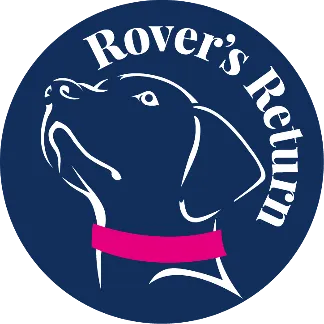
Facebook
Instagram
X
LinkedIn
Youtube
TikTok